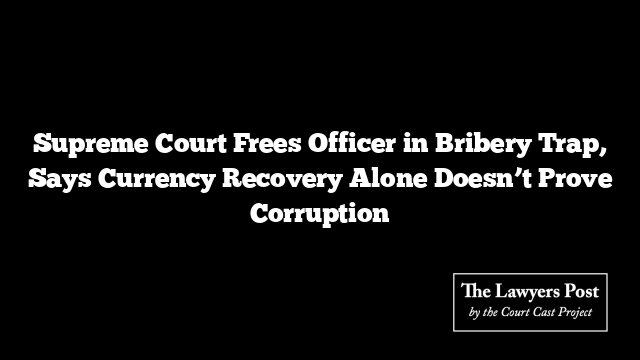In an extraordinary decision that blurred the line between legal duty and human compassion, the Supreme Court set aside the conviction of a man charged under the POCSO Act and Section 366 of the IPC — observing that the case was not one of lust, but of love that evolved into marriage and family.
Invoking its exceptional powers under Article 142 of the Constitution, the Court ruled that “this is a case where the law must yield to the cause of justice,” noting that the couple — once at the heart of the prosecution — are now husband and wife, raising an infant together.
The bench, comprising Justices Dipankar Datta and Augustine George Masih, acknowledged that while the POCSO Act safeguards minors from sexual offences, blind adherence to the statute in this instance would destroy a family built on mutual consent and affection.
Quoting Justice Benjamin Cardozo’s timeless words — “the final cause of law is the welfare of society” — the judgment reflected a rare blend of pragmatism and empathy. The Court stated that criminal law, though born from society’s collective conscience, must be tempered by real-world compassion.
“The crime was not the result of lust but of love,” the judges noted, emphasizing that further punishment would serve no purpose except to fracture an already-formed family. The woman, now the appellant’s wife, submitted an affidavit expressing her desire to live peacefully with her husband and child, a sentiment confirmed by the Tamil Nadu State Legal Services Authority, which found the couple living harmoniously.
The Court imposed a solemn condition: the man must not abandon his wife or child and must maintain them with dignity throughout his life. Failure to uphold this duty, it warned, could bring “serious consequences.”
Yet, the bench drew a clear boundary — the judgment was not to be read as a precedent. “This order arises from unique circumstances,” the Court clarified, underscoring that justice in this instance required flexibility, not formula.
As the debate continues on whether India’s age of consent should be reduced to 16 to distinguish consensual adolescent relationships from exploitation, this ruling serves as a rare instance where the Supreme Court allowed the heart to guide the hand of justice.





